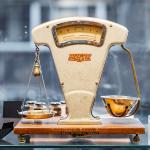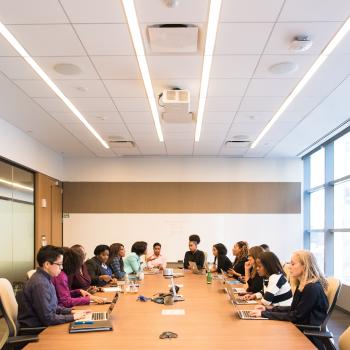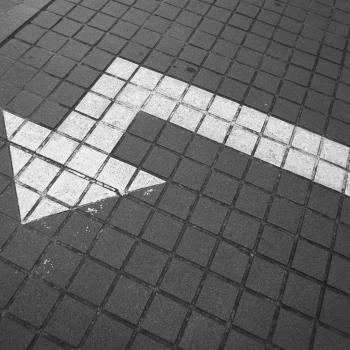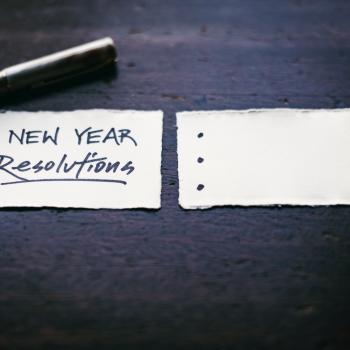We are currently on vacation. Life in New York City can be as full of hustle and bustle as the stereotype suggests. Every summer, we try to get away into the mountains, to experience nature and breathe fresh air. To look at the stars and walk through the flowers.
When we get away from the city and into these smaller towns in the heart of nature, it is always striking how different it must be to live in these small towns and think of this world from a different angle than our big city view. I think one of the underrated forces behind the tension of our country is big city versus small town.
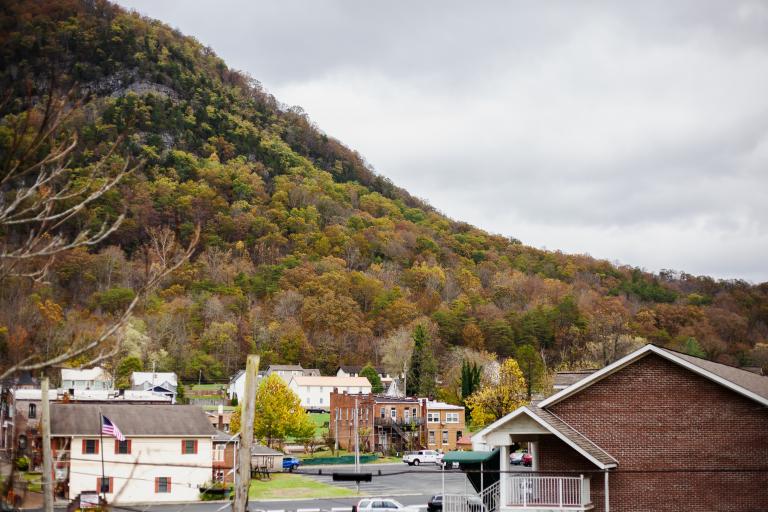
The conversations we seem to always get into center around how much “better” it is to be out here in nature than in the small towns. People often say, “I could never live in a place with that many people”. Which is fair enough. We know plenty of people in New York who would say they could never live in a place with so few.
Zooming Away
It has always been interesting to me that we pit the big city experience against the small town, as if they were insatiable enemies mutually exclusive of one another. I’ve lived in a small West Texas town and the biggest city in America. I loved them both. I love walking the streets of Manhattan AND I love walking the nature trails in America’s National Parks. There is room for both. In fact, both are necessary. Cohabitation and diversity are tools for unity. I am not sure why we insist on making them obstacles.
I heard a statistic recently about the voter turnout in America. Something like forty percent of the country votes in presidential elections, which is pretty crazy. What is even more interesting to me is that the percentage goes down the closer you get to home. Statewide elections get about a 25-30 percent turnout, county around 20, and city 10-15 (on average).
This is just guesswork, but I wonder if the reason for this is because people feel there is less wrong with where they live. The real problem is “out there”. It is “them”.

You could argue the presidential election is more important than a city election. But that is an interesting perception. What we are suggesting is the leader in Washington has more of an impact than the leader of our city or our neighborhood. Our quality of life, our actions suggest, gains greater dependence the further one goes from home.
Again, maybe this is because we view where we are as “fine”, not as part of the problem. Although we often hear that sentiment, there is also always someone grumbling about local perspective, politics, and attitude.
This may be an oversimplification, but perhaps it is just easier to blame people who are further away. Strangers we do not know. Maybe it is easier and safer and less complicated to hold them accountable than it is to do the same work in our own communities.
Domino
For true change to happen in our hearts, our communities, and our world, we need to take a deeper look at the way we perceive the tide of change.
I’ve picked on politics here because it is easy and something we are all familiar talking about. But the truth is this perception is prevalent in a lot of different areas of life. Churches talk about expanding the kingdom of God by having a vibrant social media presence, bigger sanctuaries, or mission trips across the world. None of which is inherently wrong, but can be a problem if we are neglecting the work of meeting neighbors and serving in our community. It should be a both/and approach. When it comes to my personal character, I am often looking far afield for resources – famous podcasters, a mentor, etc. Again, not wrong. But if I am dependent on those external elements, how can I expect to really change? Character development is dependent on the character. It can be influenced by others, but until I take personal responsibility for my choices, initiate disciplines in my life, etc., I will never truly change. In the meantime, I will probably spend a lot of time blaming institutions and leaders around me for not changing adequately enough.
True change happens from the inside out. We take the influences around us and discern what to do, how to act. We fight for justice in our own hearts and use it as the catapult into communal justice. The other way around rarely works in the way we imagine it will.
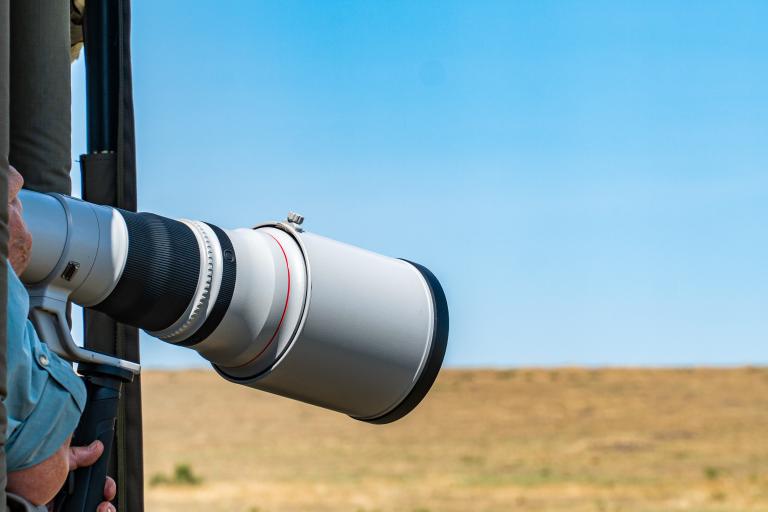
The fact is zooming out is good, but so is zooming in. Just like nature and cities, they each have their part to play, their value to add. If we zoom out when we should be zooming in (or vice versa), we run the danger of actually zooming away. Zooming away is drifting into a false reality, a world of our own making, where our imagination, emotion, or desire is more grounding than the facts we encounter. If we don’t value zooming in and zooming out in their proper measure, we run the risk of zooming away.


